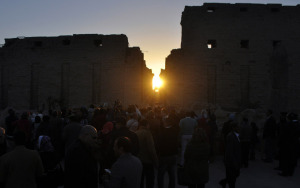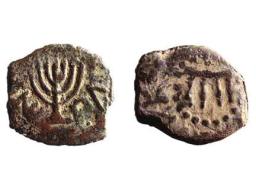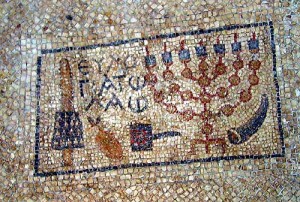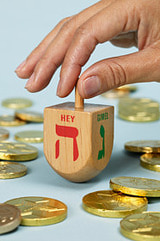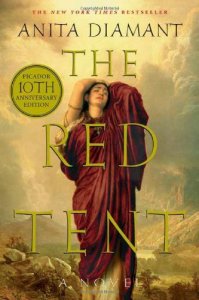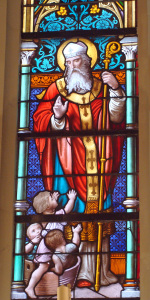Dec 21 – Beginning of Esoteric Kristmas Cycle, the Twelve Days of Kristmas. Please observe this cycle of holy days with fellow Church of the Way and Mystery School members
– Celtic Alban Arthuan – Return of the Sun God. Druid Festival of Alban Arthuan
– Day of Holy Apostle Thomas (of the Gospel of Thomas). Celebrated December 21st. The Gnostic scriptures teach that Thomas understood deeply the mysteries that Jesus imparted to this disciples, and the Gospel of Thomas is a major Gnostic work. It seems this was not understood or not appreciated by the orthodox church, which excluded his gospel from the canonical New Testament. He is mentioned many times in other Gnostic scriptures as being one who had Gnosis. The beautiful story called both “The Hymn of the Pearl’ and “The Hymn of the Robe of Glory” is attributed to him. From: http://www.gnosis.org/ecclesia/cal_mandala.htm
Dec 21 thru 25 – Old Egyptian festival of Isis, the Magna Mater (Mother of God and Mother of All) giving birth to God Horus.
Dec 22 – Yule, Winter Solstice
– Day of Archangel Raphael, whose name means “Healing power of El”. Celebrated December 22nd. Raphael is the angel of healing and health, and is always invoked in the Sacrament of Unction. Raphael represents the principle of regeneration as related to the powers of health and also the regeneration of the Light in the realm of darkness. Thus Raphael has been celebrated in our tradition at the winter solstice, because when the darkness has reached its epitome, it engenders the renewed Light, which is then “born” on Christmas Day. From: http://www.gnosis.org/ecclesia/cal_mandala.htm
Dec 23 – Sacred to Hathor.
– Larentalia, a Roman holiday honoring the household protectors, and part of the end of year Roman festivals
Dec 24 – Celtic Tree Month – Month of Reed ends, Tree Month of Elder begins.
Dec 25 – Christmas Day, Christian celebration of Blessed Maria giving birth to Child Jesus by the power of the Holy Spirit.
– European Feasts of Herne, Frey, Dionysus – Birth of the God, the Light of the World.
Dec 25 thru Jan 5 Norse Yule: Old Norse festival honoring Frey and Freya (Deities of Fertility) and the new-born Baldur (God of Light) with evergreens, fires, and feasting.
Dec 26 thru Jan 1 – Kwanzaa: Festival celebrating positive African traditions; emphasizes unity, self-determination, collective work and responsibility, cooperative economics, purpose, creativity, and faith.
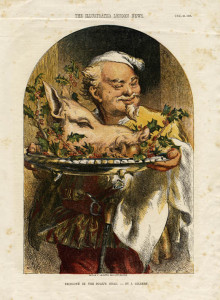
Dec 27 – Boar’s Head Feast, “probably the oldest continuous festival of the English Christmas season”. The boar was a symbol of evil, of the devil. Wikipedia says, “the presentation of a boar’s head at Christmas came to symbolize the triumph of the Christ Child over sin”. So the idiot vandals on Christmas Day 2014 who replaced a baby Jesus in a Massachusetts church manger scene with a severed pig’s head, didn’t know they were actually symbolizing triumph over evil! Keep in mind, the boar’s head is never eaten, just presented with fanfare to show the defeat of the bad guys, the “killers of god” (a wild boar killed Adonis in Greek mythology).
Dec 28 – Sacred to Freya.
– Holy Innocents Day (when Herod killed the Bethlehem babies in his attempt to destroy the newly born Son/Sun God)
Dec 31 – Egyptian Lucky Day of Sekmet – also spelled Sekhmet, the ravaging lioness, with her burning solar eye, the destroyer/devourer aspect of the goddess.
